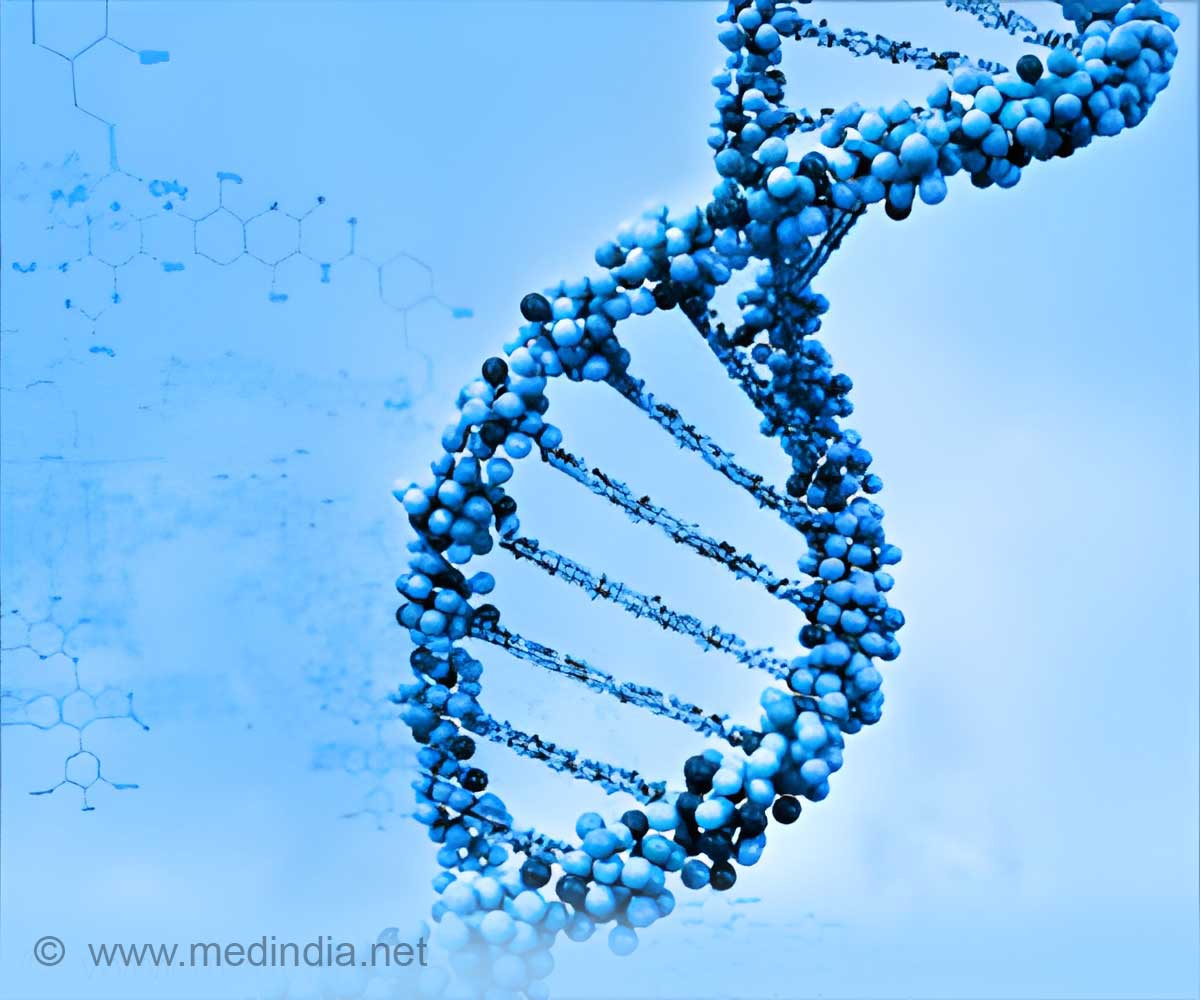
‘PGK1 acted as a protein kinase in mitochondria and activated a critical enzyme that inhibited the mitochondria's ability to use energy.’
Tweet it Now
"The Warburg effect promotes tumor progression. Exactly how this is coordinated has remained elusive," said Zhimin Lu, M.D., Ph.D., professor of Neuro-Oncology. "Our study highlights that PGK1 acts as a protein kinase in coordinating glycolysis and the citric acid cycle in cancer metabolism and tumor formation." Normal cells generate oxygen for survival via a relatively low rate of glycolysis, which converts glucose into the enzyme pyruvate. Pyruvate is used in the citric acid cycle (TCA), a series of chemical reactions that generate energy.
Cancer cells however produce energy by a high rate of glycolysis followed by lactic acid fermentation in the cell, a process that converts glucose into cellular energy and forms lactic acid. Normal healthy cells will bypass this fermentation process if oxygen is available. Malignant, rapidly growing tumors can experience glycolytic rates up to 200 times higher than those of healthy cells and will undergo lactic acid fermentation even in the presence of high oxygen levels.
"The Warburg effect is characterized by increased levels of glucose, lactate production and suppression of pyruvate metabolism in mitochondria," said Lu. "Exactly how this process is coordinated with cancer metabolism has been little understood."
Lu's team found that a cellular chain of events involving activation of cancer genes like EGFR, KRAS and B-Raf and the protein ERK, allowed PGK1 to "translocate" into the cell's mitochondria. Mitochondria are membrane-containing cell components crucial for producing energy. PGK1 acted as a protein kinase in mitochondria and activated a critical enzyme that inhibited the mitochondria's ability to use pyruvate, suppressed chemically reactive molecules containing oxygen and increased lactate levels.
Advertisement
Advertisement















